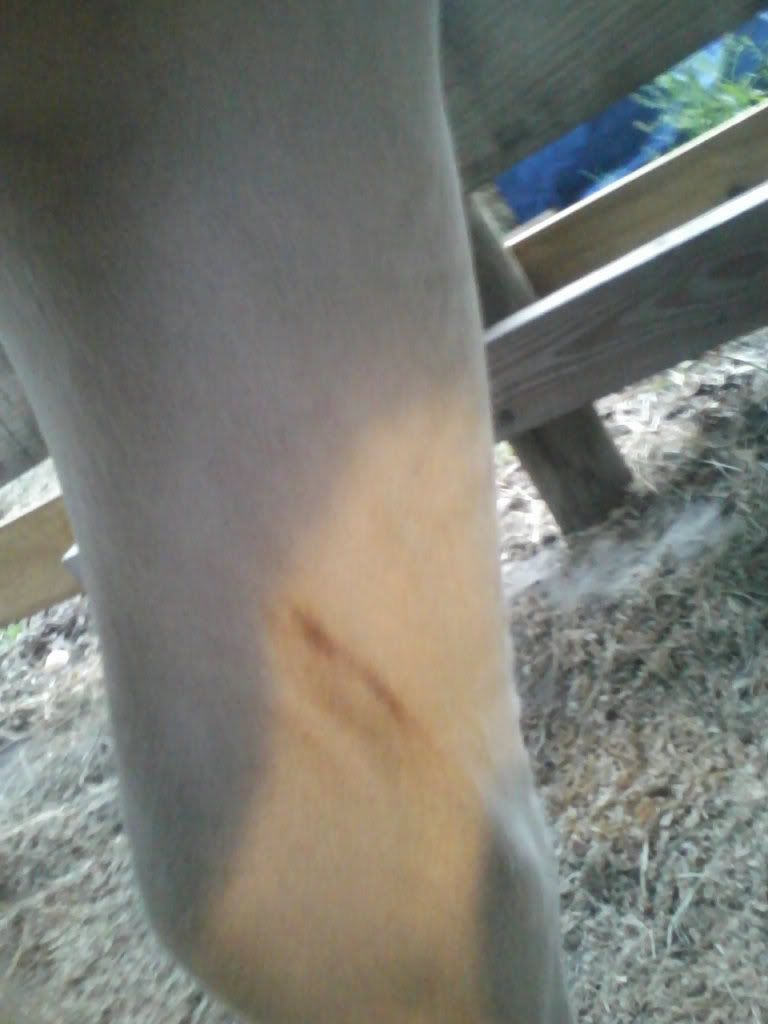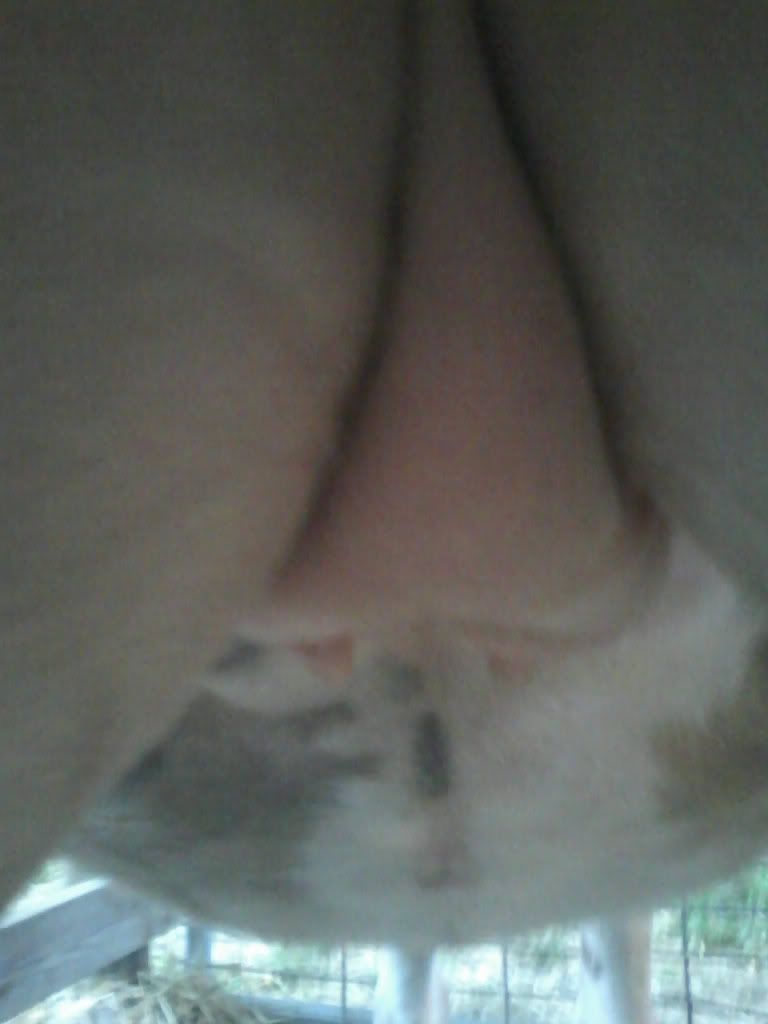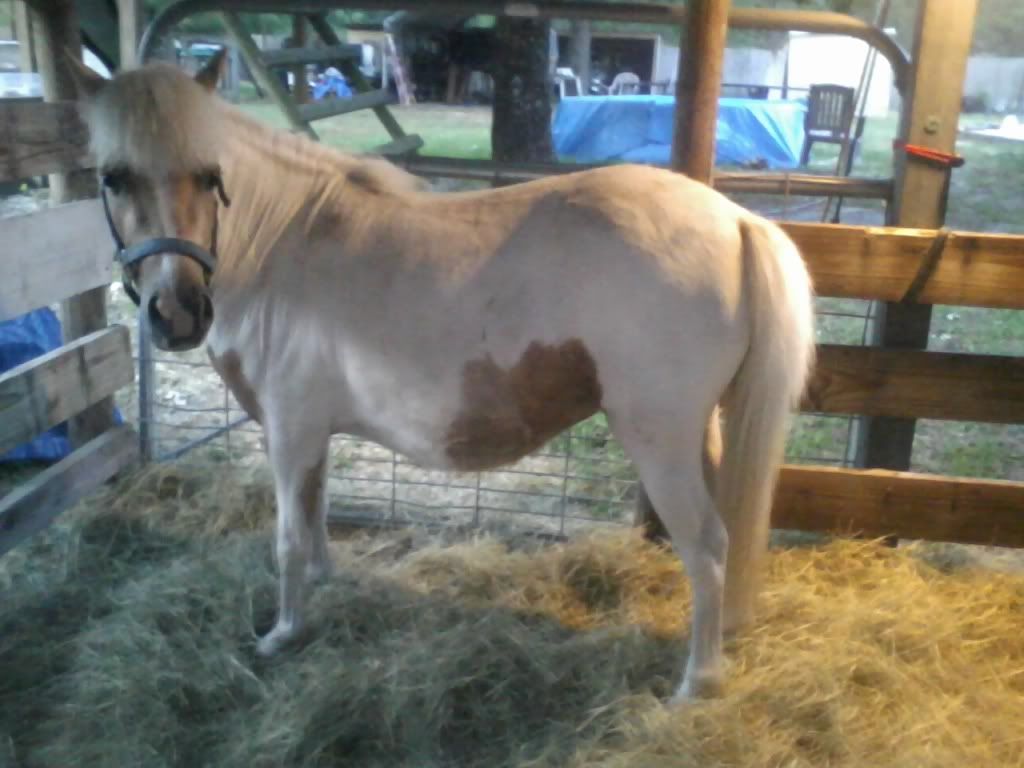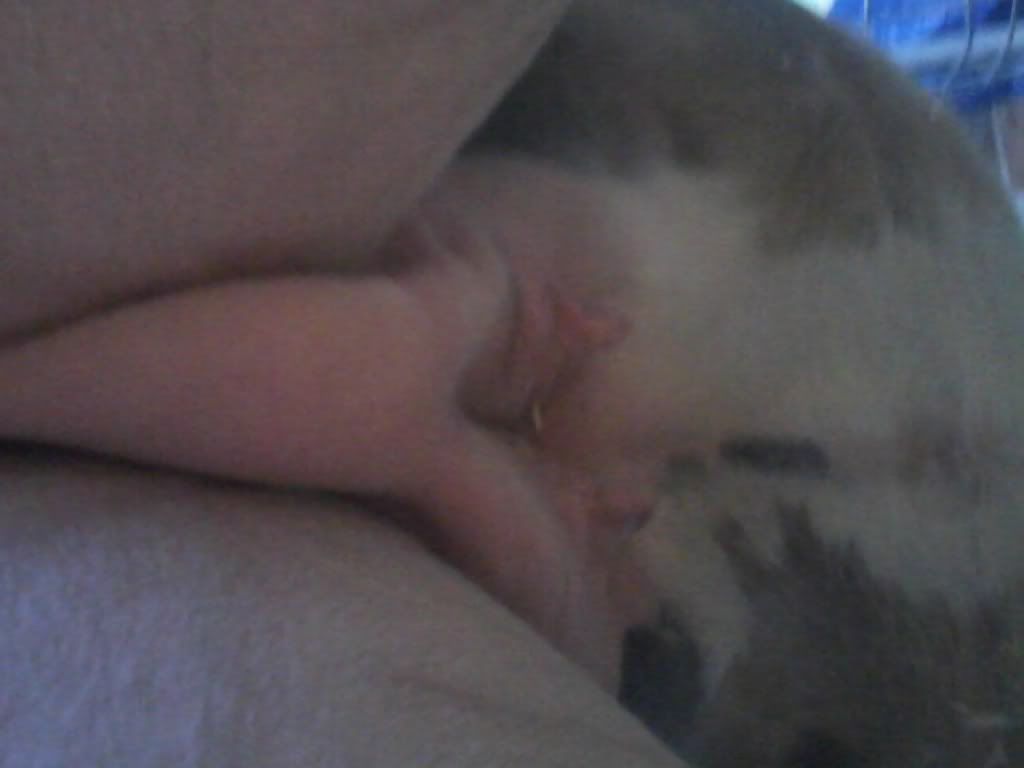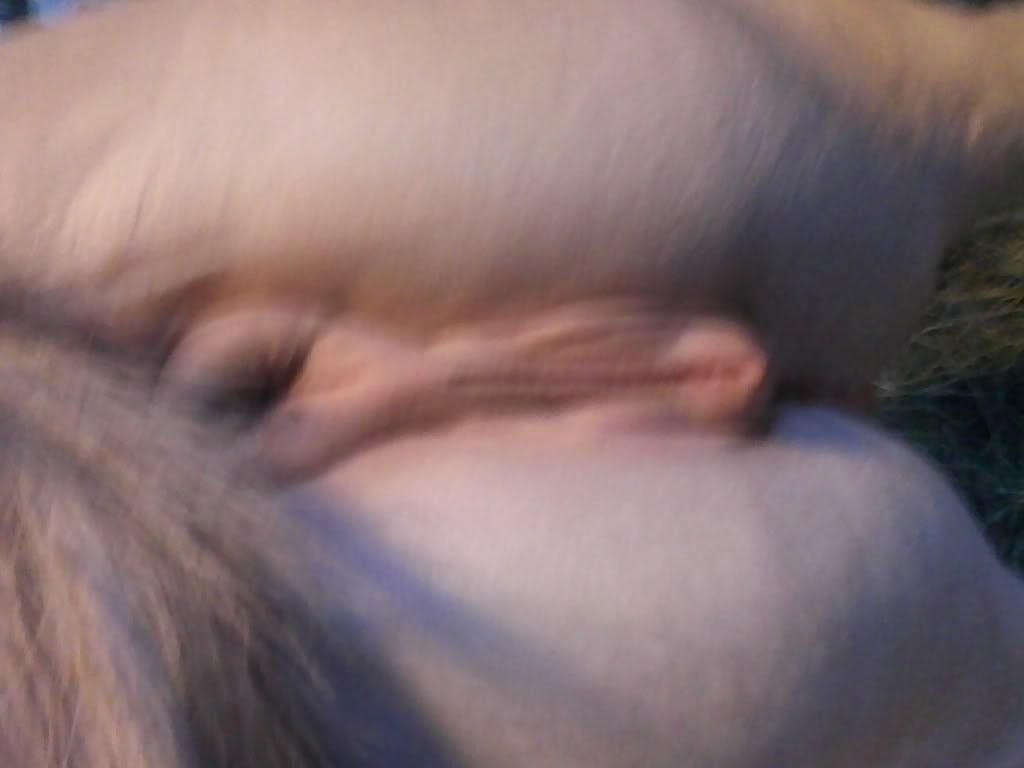Ok here are my 'thoughts'!! We do keep Banamine on hand in case it is needed, but some mares always want a dose and some dont.
In some 45 years + I have never given a foal an enema!! We are strickly 'hands off' a foal once it is born. We are there to help at the birth, never leaving a mare to try doing it on her own when a small amount of help can get baby delivered smoothly and a mare saved a minute or two of extra effort. Foal is quickly cleared of its sac, cord is dipped and it is moved a little closer to its Momma's head before she even gets up, to start the bonding process. (we will give the foal a quick rub down while this is going on, but we usually foal in warmer weather and all the stables are in an indoor building, bedding plentiful and banked up at the sides and door of the stalls to keep out draughts.) We quickly clear away any damp patch in the bedding plus the last couple of dropping the mare might have done (no droppings allowed in our stables, normally at any time but particularly when a mare is foaling). Then we get out of there and leave them together. Of course we usually send someone for a fresh cuppa so we can quietly watch from a distance to monitor mare and foal. A foal cannot see clearly for several days after birth, it goes by smell, and we think that it is vitally important for it to get the smell of its dam and not of a human being, and this is why we keep out of the way - many foals seem to be confused as to who they should be ''connected' to when there is too much human activity!
About half an hour after the mare is up and attending to her new baby, we offer her a mushy warm (small) feed and replenish her pile of soft leafy hay. As we have internal cameras now, we usually return to the house and watch from there. Before we had cameras we would quietly wander around the barn seeing to the other mares etc so as to keep an eye on the foal's progress and in case the mare started to colic of something. But I am totally against trying to help a foal drink. Too many folk seem to think that a foal must drink within half an hour of birth, and this human 'interferance' can freak both the foal and the mare. How many times do you watch on cams where the foal is leaping around and strugglng to get away from being 'held', with the poor Momma getting stressed because her foal is stressed? Even Dr. Taylor - the vet who often posts and offers advice on the main forum - has said that a foal will cope happily with no milk for 6 or even 12 hours (not that I would leave it this long, but most of ours have happily found the milk bar themselves between 1 and 3 hours). So dont panic as this is a very important bonding time between Momma and baby!
We usually offer the mare another small mushy warm feed a couple of hours later, just to help her digestion start up again, and then we worm her around 6 hours after the birth or just before we take Momma and baby out for a nibble of grass, giving the mare another warm mushy feed when she comes back in after that first half hour or so nibble.
This is all just my personal opinion and, of course, if we felt that anything was not quite right with either the mare or the foal, we would call the vet immediately.
In some 45 years + I have never given a foal an enema!! We are strickly 'hands off' a foal once it is born. We are there to help at the birth, never leaving a mare to try doing it on her own when a small amount of help can get baby delivered smoothly and a mare saved a minute or two of extra effort. Foal is quickly cleared of its sac, cord is dipped and it is moved a little closer to its Momma's head before she even gets up, to start the bonding process. (we will give the foal a quick rub down while this is going on, but we usually foal in warmer weather and all the stables are in an indoor building, bedding plentiful and banked up at the sides and door of the stalls to keep out draughts.) We quickly clear away any damp patch in the bedding plus the last couple of dropping the mare might have done (no droppings allowed in our stables, normally at any time but particularly when a mare is foaling). Then we get out of there and leave them together. Of course we usually send someone for a fresh cuppa so we can quietly watch from a distance to monitor mare and foal. A foal cannot see clearly for several days after birth, it goes by smell, and we think that it is vitally important for it to get the smell of its dam and not of a human being, and this is why we keep out of the way - many foals seem to be confused as to who they should be ''connected' to when there is too much human activity!
About half an hour after the mare is up and attending to her new baby, we offer her a mushy warm (small) feed and replenish her pile of soft leafy hay. As we have internal cameras now, we usually return to the house and watch from there. Before we had cameras we would quietly wander around the barn seeing to the other mares etc so as to keep an eye on the foal's progress and in case the mare started to colic of something. But I am totally against trying to help a foal drink. Too many folk seem to think that a foal must drink within half an hour of birth, and this human 'interferance' can freak both the foal and the mare. How many times do you watch on cams where the foal is leaping around and strugglng to get away from being 'held', with the poor Momma getting stressed because her foal is stressed? Even Dr. Taylor - the vet who often posts and offers advice on the main forum - has said that a foal will cope happily with no milk for 6 or even 12 hours (not that I would leave it this long, but most of ours have happily found the milk bar themselves between 1 and 3 hours). So dont panic as this is a very important bonding time between Momma and baby!
We usually offer the mare another small mushy warm feed a couple of hours later, just to help her digestion start up again, and then we worm her around 6 hours after the birth or just before we take Momma and baby out for a nibble of grass, giving the mare another warm mushy feed when she comes back in after that first half hour or so nibble.
This is all just my personal opinion and, of course, if we felt that anything was not quite right with either the mare or the foal, we would call the vet immediately.













































